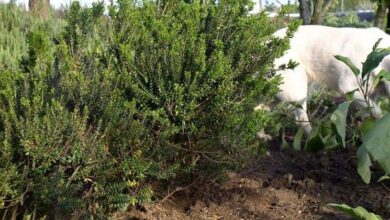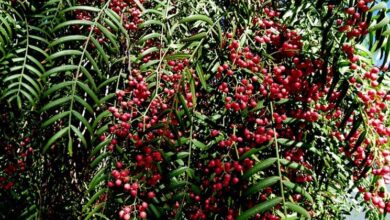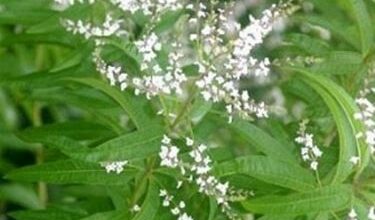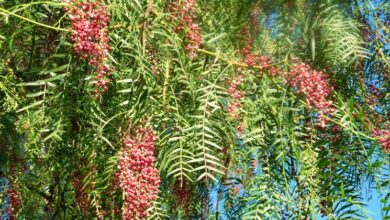Cedrina
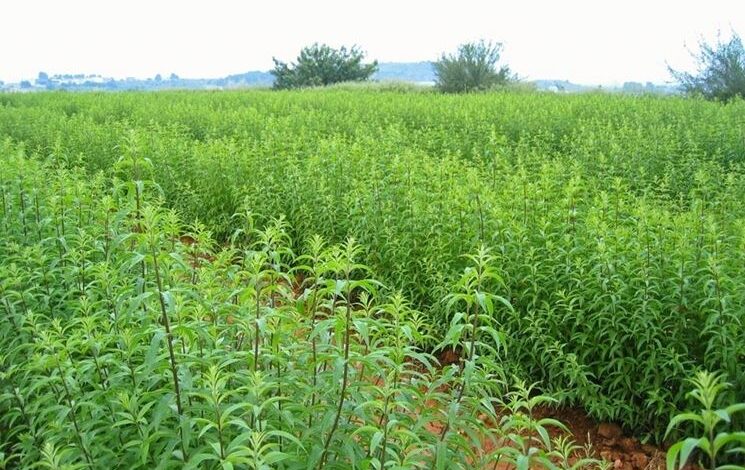
Water needs
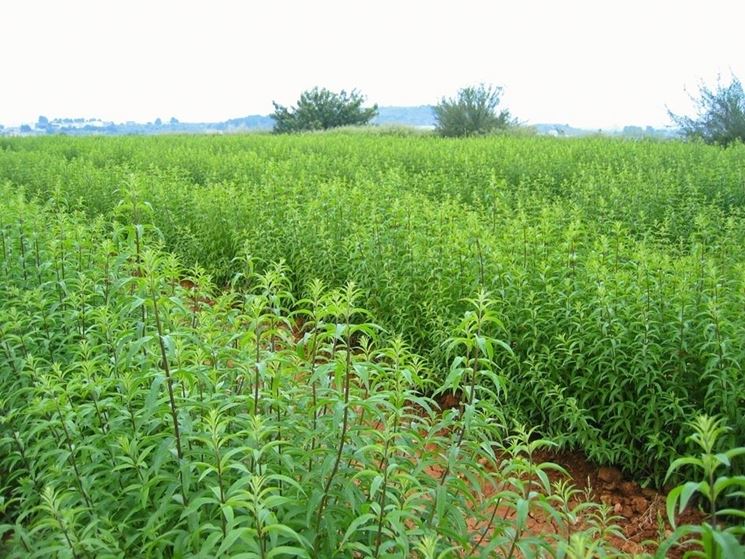
Cultivation
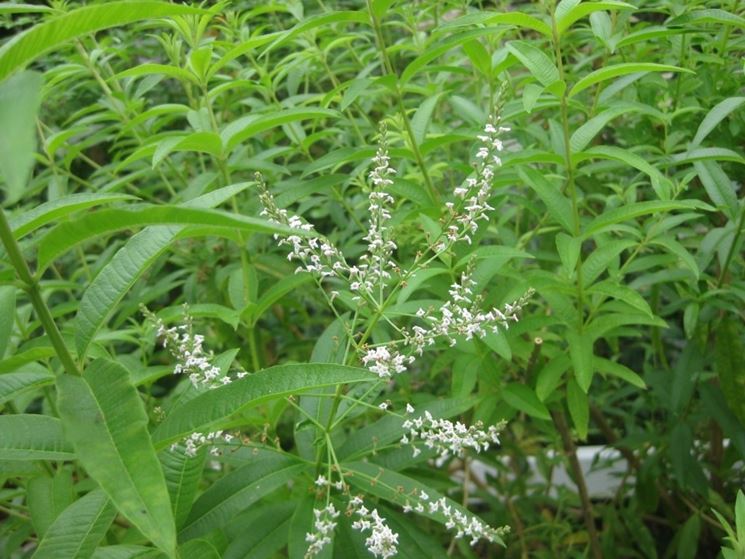
Cedrina is a plant that loves sunny climates, sheltered from annoying winds, and with these conditions of warm comfort this shrub will find the right habitat to be able to develop optimally. It can be indifferently grown both in pots or directly in the soil, provided that the latter has the right degree of humidity and drainage. It is advisable to carry out the pruning operations only in the presence of dried or degraded parts of the plant. In the event that the thermometer reaches temperatures below zero, the lemon verbena must be previously thinned at the beginning of the autumn season, to make the winter season more tolerable. By operating correctly, the foundations are laid for excellent vegetative development during the summer.
How to fertilize
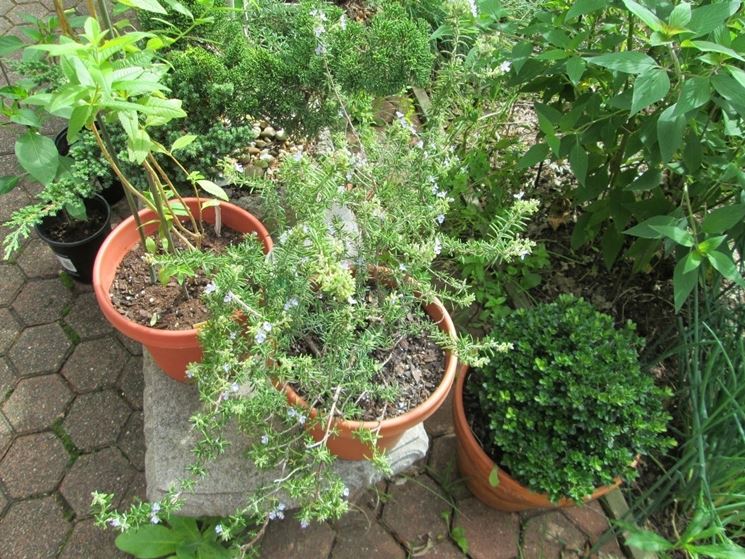
As for the fertilization needs of lemon verbena, this plant does not require systematic attention and particular nourishment. In the event that the lemon verbena is grown in pots, it will need some small special precautions, and the fertilization must be more specific and targeted than a specimen inserted in the ground. For the potted citrine we will proceed with an integration of ternary fertilizer, to be carried out at fortnightly intervals from the months of May to late August, while for plants grown in the garden the fertilizer intake can be reduced to once a month. Alternatively, you can also use a slow release granular fertilizer, of the specific type for green plants, in order to make nutritional supplementation even more tolerable.
Cedrina: Diseases and parasites
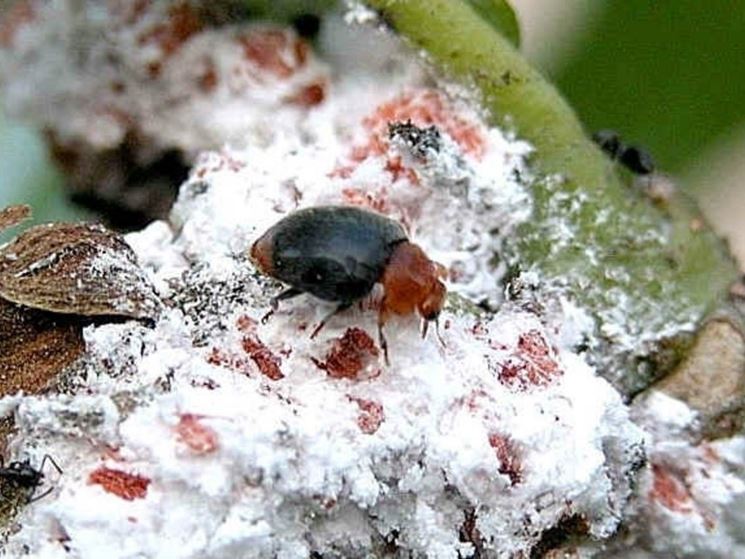
The lemon verbena plant is quite resistant to any kind of attack from external agents. One of the main causes of hypothetical health problems of this plant is caused by inexperience on the part of man, who performs the normal watering operations incorrectly, favoring water stagnation, with the formation of fungal diseases. These must be fought promptly with the use of a suitable pesticide product. Another rare negative eventuality that lemon verbena can incur is constituted by the attack of aphids and scale insects, which occur mainly in the particular case that the plant is exposed to an excessively humid climate. The solution to the problem, even in this case, is represented by specific pesticides for this category of annoying little animals.

